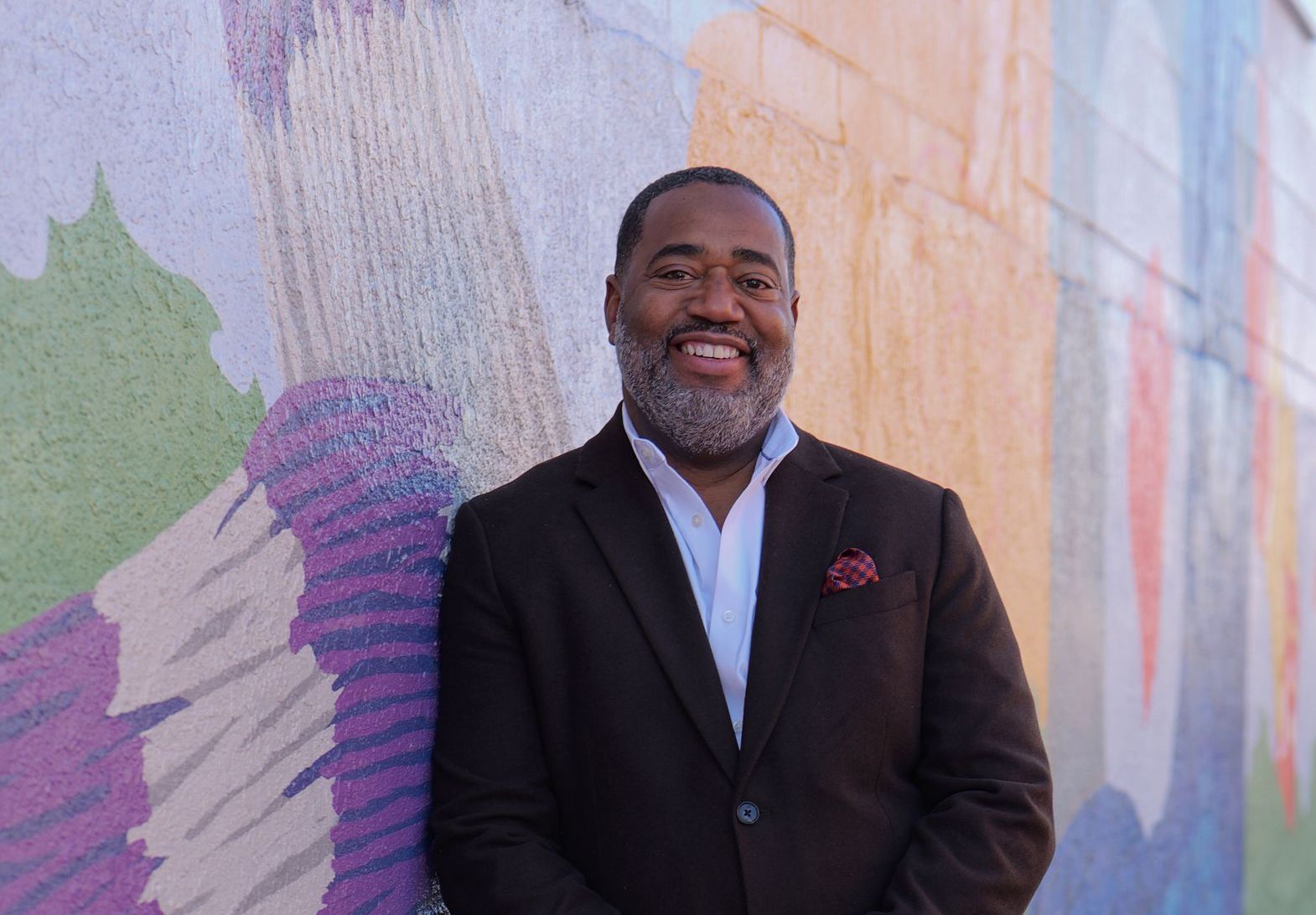What is Affirmative Action?
Derryl Glaze • August 1, 2023
Affirmative action refers to policies or measures taken by governments, institutions, or organizations to address historical and systemic discrimination against certain groups based on race, ethnicity, gender, or other protected characteristics.

The primary goal of affirmative action is to promote equal opportunity and increase representation for underrepresented or disadvantaged groups in areas such as education, employment, and business.
Affirmative action programs may take various forms, depending on the country and the context in which they are implemented. Some common examples include:
Employment
Employers may adopt affirmative action policies to actively recruit and hire individuals from underrepresented groups, aiming to diversify their workforce.
Education
Colleges, universities, and other educational institutions may implement affirmative action in their admissions processes to ensure a more diverse student body.
Government contracts
Governments may give preferential treatment to minority-owned businesses or businesses with diverse ownership when awarding contracts.
Quotas and targets
In some cases, specific numerical goals or targets are set for the representation of certain groups in an organization or educational institution.
The rationale behind affirmative action is to help level the playing field for historically marginalized groups and provide them with opportunities they might not have had due to past discrimination and societal barriers. By promoting diversity and inclusion, proponents argue that affirmative action can contribute to a fairer and more equitable society.
However, affirmative action is a controversial and often debated topic. Critics argue that it can lead to reverse discrimination, where individuals from non-preferred groups may face disadvantages, and that it might not always address the root causes of inequality. The debate around affirmative action often centers on the balance between promoting equal opportunities and treating individuals fairly based on their merit and qualifications.
Different countries have varying laws and approaches regarding affirmative action, and public opinion on the matter can differ significantly across societies. As of my last update in September 2021, the topic remains relevant and continues to be a subject of ongoing discussion and legal challenges in various parts of the world.

In today’s rapidly evolving business landscape, the emphasis on diversity, equity, and inclusion (DE&I) has never been more pronounced. Oracle’s recent blog post, "Five Ways Diversity and Inclusion Impact Your Business," delves into the profound impact that DE&I practices have on organizations. Here’s a comprehensive review of their compelling arguments and insights.

Microsoft's decision to incorporate diversity goals into performance reviews marks a significant step towards fostering a more inclusive workplace culture. By making diversity a measurable component of employee success, Microsoft is not only prioritizing social responsibility but also recognizing the strategic importance of diversity in driving innovation and competitiveness.

In a recent Harvard Business Review article, the authors state the value of belonging at work: "Humans are so fundamentally social that we can even bond with strangers over the very experience of not having anyone with whom to bond." Additionally, they state: "If workers feel like they belong, companies reap substantial bottom-line benefits. High belonging was linked to a whopping 56% increase in job performance, a 50% drop in turnover risk, and a 75% reduction in sick days. For a 10,000-person company, this would result in annual savings of more than $52 million." Whether it is for reasons related to company performance and the bottom line, or just an organization's desire to be employee-centric and sincerely focus on the human needs of its employees, leaders need to look for ways to help every employee feel welcomed, needed, wanted, valued, and that they have a genuine way to connect and contribute. 419-270-9017







